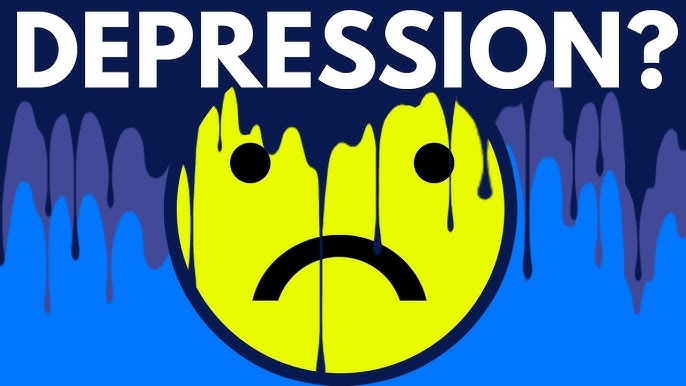Depression is a common but serious mental health condition. It often goes undiagnosed and untreated due to stigma, misinformation, or a lack of awareness about its symptoms. Many individuals struggling with depression may not recognize the warning signs. They may also feel hesitant to seek help due to fear of judgment or misunderstanding. Early detection and intervention can be beneficial. These steps can help manage the condition and improve overall well-being.
What are the Key Symptoms of Depression?
Recognizing the symptoms of depression is a step in understanding and addressing this complex condition. Depression can affect people in different ways, and knowing the signs can help identify when someone may need support or professional help. Individuals experiencing depression may exhibit one or more of the following signs:
- Persistent sadness or emptiness: Feelings of lasting sadness, hopelessness, or a pervasive sense of emptiness often characterize depression. These feelings may persist for weeks, months, or longer.
- Loss of interest or pleasure in activities: People may lose enthusiasm for activities that previously brought joy or fulfillment, such as hobbies, socializing, or professional pursuits.
- Changes in appetite or weight: Depression can cause noticeable fluctuations in appetite. This can lead to significant weight gain or loss without an intentional effort to alter weight.
- Sleep disturbances: Common disturbances such as insomnia, difficulty staying asleep, or excessive sleep (hypersomnia), which can further impact energy levels and mood.
- Fatigue or loss of energy: Depression frequently leads to a persistent sense of exhaustion or reduced energy, even without physical exertion.
- Feelings of worthlessness or guilt: Individuals may experience excessive guilt or feel unworthy, often fixating on perceived inadequacies or past mistakes.
- Difficulty concentrating or making decisions: Cognitive challenges, such as trouble focusing or making decisions, are often reported by those living with depression.
- Thoughts of death or suicide: A significant symptom of depression, such as recurrent thoughts of death or suicide, which require immediate professional intervention.
Why Does Early Detection Matter?
Spotting these symptoms early helps in addressing depression and reducing its impact on a person’s life. Untreated depression can lead to a range of adverse outcomes. These could be a lower quality of life, challenges in maintaining relationships, and physical health issues like fatigue, chronic pain, or a weakened immune system.
Recognizing the signs early allows individuals, along with their families and support systems, to take proactive steps. These steps can help in finding effective treatment options, which may include therapy, medication, lifestyle adjustments, or a combination tailored to the individual’s needs. Acting early increases the chances of improving mental health and avoiding long-term difficulties. This can lead to a healthier and more fulfilling life.
What to Do Next
If you or someone you know is experiencing these symptoms, reaching out to a mental health professional is a first step. Many professionals offer telehealth services. This includes individual and family therapy to provide support and care. Early intervention can play a key role in managing and overcoming depression. For personalized support and expert care, book an appointment with a specialist today. Access professional guidance to better understand and address symptoms of depression with a trusted partner in mental health care.

